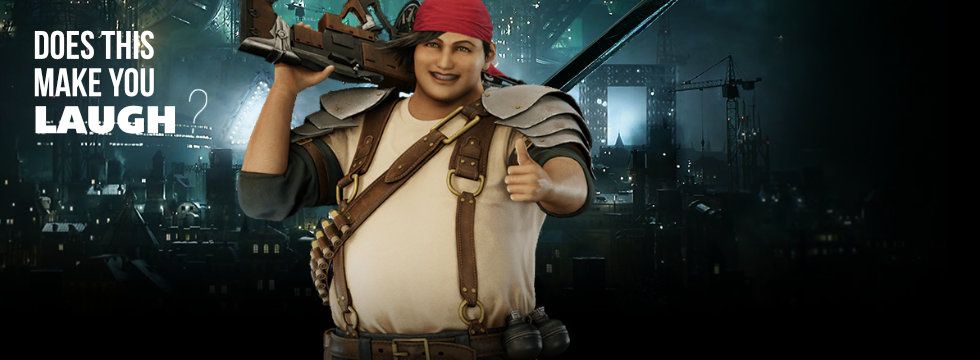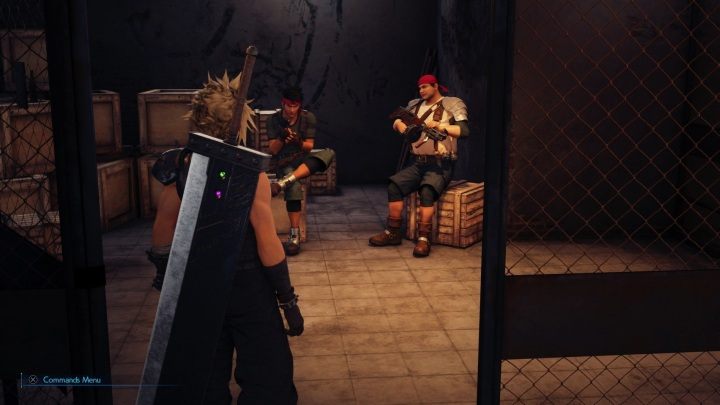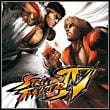Laugh and get bigger!. Clichés of obesity in games

Laugh and get bigger!
"Fat man." This is the highly inventive moniker of a member of the Dead Cell organization, an excellent explosives expert in Metal Gear Solid 2. Driven by a desire to be permanently preserved in the annals of history, this madman has a gently outlined – but at the same time indicative of a complicated past – story background. Does this exemplify a more serious portrayal of an obese character? In theory, yes, but at the same time, there's a bizarre dissonance between his personality, and physique – he's dressed in a bomber suit, and rides on roller blades. Again, his advantages are that of a nimble, agile character that's hard to hit. It feels weird. The motif is also stubbornly repeated.
The interactivity of video games makes casting an overweight person in a starring role challenging. In forms of culture consumed passively – books or films – such a character has a much better chance to be accepted and gain sympathy. Examples are easy to find in crime novels, romantic comedies, or morality dramas. Games, however, are all about deep identification with the hero, which is much easier when we play as a trained commando, a sexy archaeologist, a Starfleet captain, or a super-human monster hunter. Physical appeal first, personality second.

Obese characters are often given supporting roles, in which they only occasionally have the chance to escape clichés and entrenched stereotypes. Most of the time, however, they are reduced to humorous oddities, as helpful, but clumsy. A recent example of such approach is Wedge from Final Fantasy VII Remake. Of course, he loves eating, and he reminding the player about that, talking about his churning stomach. There's also one scene when he, again, exhibits speed and agility unheard of with his weight, acting as a live decoy for monsters. And when he recovers, he has a surprisingly rapid recovery thanks to... you guessed it, delicious food. Stereotypes are abundant, and Wedge's task is clearly defusing the atmosphere when it starts to get too serious and pompous.
There are some tropes the creators can't seem to give up on, even when a chubby character becomes the antagonist. Many fans of the game F.E.A.R. certainly remember Norton Mapes, who proved a particularly perfidious little dodger, fooling the player a couple of times. Even in this case, though, the creators just couldn't pass the opportunity to portray his love for junk food, and how much that affinity makes it hard for him to, for example, hide. I mean, the way he's introduced is by falling from the ceiling, which collapsed under his weight.
Fortunately, not all creators follow the beaten tracks.

SECOND OPINION
The issue discussed in this essay becomes apparent when you try to remember any non-comedy game with an obese character in the leading role. I genuinely cannot come up with an example. The most these characters can get is being a sidekick (the phenomenal Zeke in Infamous 2), or an amusing, amiable supporting role, like Wedge in FFVII Remake.
They often appear in brawler games, which by definition promote diversity of the cast... but here, we mostly deal with a few, primitive archetypes. They're either sumo wrestlers (Ganryu in Tekken, E. Honda in Street Fighter, and Taka-Arashi in Virtua Fighter) or the epitome of negative stereotypes (Birdie in Street Fighter, Bob in Tekken).
The closest thing to breaking this pattern was Mortal Kombat with Bo’ Rai Cho, who was given a more serious plot outline – as the one aiding the Earthly warriors of former master Liu Kang. What of it, though, if this character is a vile joke during gameplay, with attacks based on puking and toxic farts?
You won't find an obese woman in this extensive genre. Nor will you find an overweight character that would be sympathetic, rather than ridiculous. This is "a bit unfortunate," considering that lists of playable characters in larger games can now count as many as 40.
Michael Grygorcewicz




